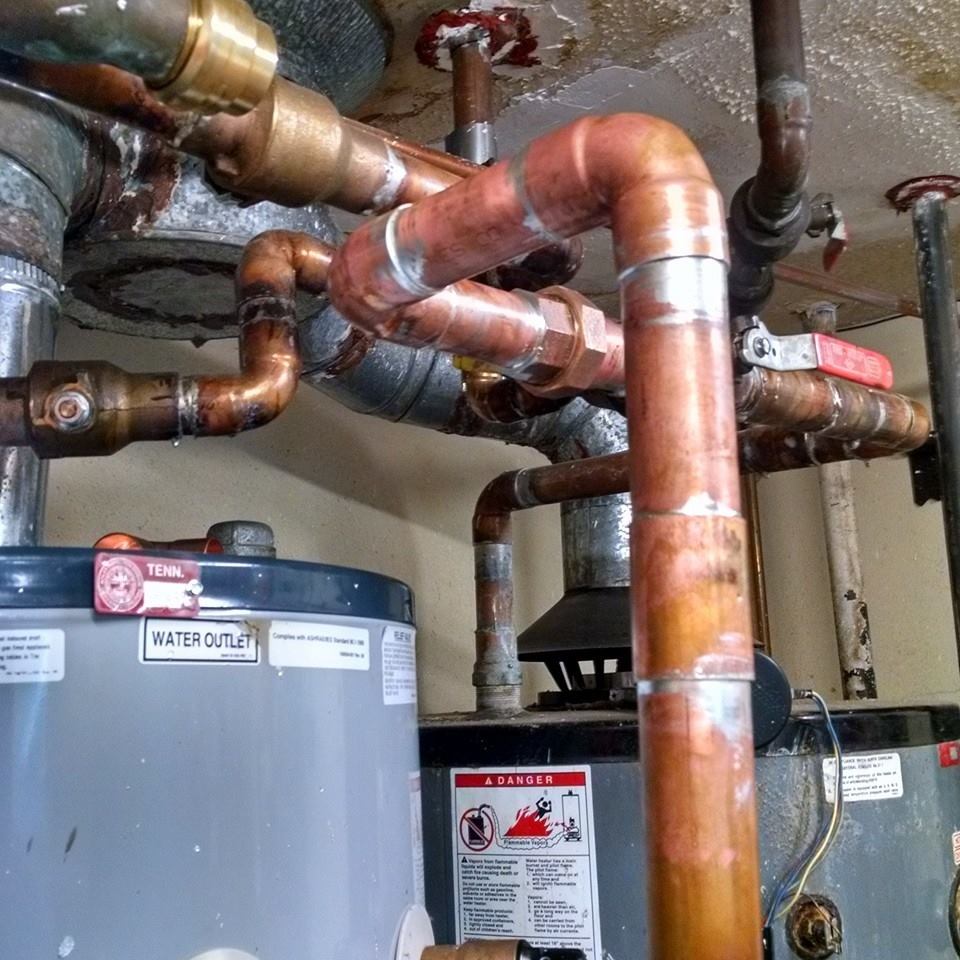
How to Prevent Common Winter Plumbing Problems Oct 01, 2025
Winterizing your home is a crucial first step. Before the cold sets in, inspect your pipes, especially those in unheated areas like basements, garages, and attics. Insulate these vulnerable pipes to retain heat and prevent them from freezing. Pipe insulation is a simple yet effective way to maintain temperature and ensure water flow even when outside temperatures drop significantly.
Next, keep a close eye on your water heater. As demand increases during winter, make sure your water heater is up to the task. Lower temperatures mean your heater has to work harder, potentially shortening its lifespan or affecting its efficiency. Flushing your water heater can remove sediment that might have built up over time, improving its efficiency and extending its life. Consider setting the thermostat to a safe but effective setting, typically around 120 degrees Fahrenheit, which balances performance and energy consumption.
Another vital consideration is your home's outdoor plumbing. Disconnect and drain garden hoses well before the first frost, as excess water within the hose can freeze and pressure can back into your pipes. Installing frost-proof spigots or utilizing hose bib covers can provide an additional layer of protection against the cold.
Inside your home, maintaining a consistent temperature can protect interior pipes. Even if you're planning on going away for a trip during the holidays, it's essential to keep your thermostat set no lower than 55 degrees Fahrenheit to prevent your indoor pipes from freezing. Open cabinet doors under sinks along exterior walls to allow warm air to circulate around the plumbing.
Draining and shutting off sprinkler systems are also crucial preventative measures. This task should ideally be handled by professionals like those at Goss Plumbing & Drain Co. LLC to ensure it's done thoroughly. Winterizing your irrigation system will prevent any water left in the lines from freezing and damaging pipes.
It's also beneficial to locate and seal any leaks promptly. Check for drips or puddles in your kitchen, bathroom, basement, and other areas with plumbing. Even a small leak can cause significant issues if it freezes. Apply caulking or weather stripping around drafty windows and doors to prevent cold air from coming in and affecting indoor temperatures.
Finally, know how to shut off your home's main water valve in case of an emergency. In the unfortunate event of a pipe freeze and burst, quickly turning off the water supply can prevent extensive damage and flooding.
By following these steps, you can significantly reduce the risk of winter plumbing issues, ensuring your home remains safe and warm throughout the season. For additional peace of mind, consider having a professional inspection done by Goss Plumbing & Drain Co. LLC. A professional inspection can identify potential weak spots before winter truly sets in, saving you time, stress, and money in the long run.
/filters:no_upscale()/media/5ace2215-e474-4ea6-9c77-10b6dbe1b78a.jpeg)
/filters:no_upscale()/filters:format(webp)/media/3ba9e334-e63f-4edb-b3af-23c9b31bdbea.jpeg)